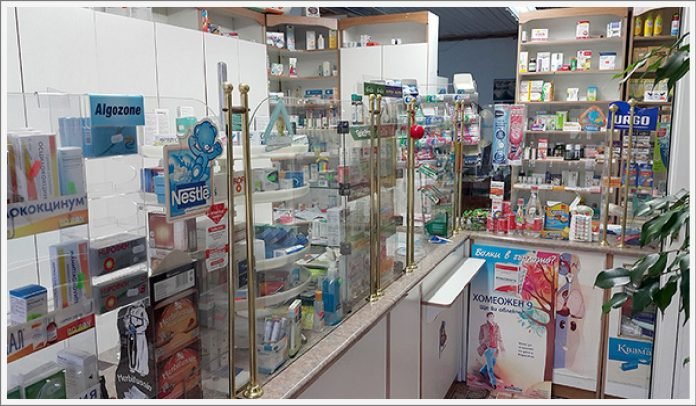
As Bulgaria adopts its budget on second reading, family pharmacies across the country are issuing an urgent warning: if the state fails to release the necessary funds for medicines by the end of the year, thousands of patients could be left without treatment.
The Initiative Committee of Master Pharmacists (ICMF) says the National Health Insurance Fund (NHIF) has delayed payments for already dispensed medicines, leaving pharmacies unable to purchase new supplies.
According to the committee, the situation has reached a critical stage. vvmust first pay distributors for medicines they have already provided to patients, but without timely state reimbursement, many can no longer restock. Whether the NHIF has allocated funds from its reserve for outpatient medicines remains unclear, adding uncertainty to an already strained supply chain.
Another major unresolved problem lies in the chronically low added value for pharmacy activities. For years, owners have condemned the zero-markup policy on expensive therapies. Under current regulations, pharmacies dispensing medicines priced between 30 and 50,000 leva receive a maximum markup of just 30 leva.
“We ask: what business operates with such parameters?” the committee states. “Why is access to medicines at stake? Why has there been no understanding for years about the role of the family pharmacy in the healthcare system?”
Adelina Lyubenova, chairwoman of the ICMF and a pharmacy owner, describes the situation as absurd. She notes that pharmacies, which are both commercial companies and healthcare facilities, are expected to purchase and dispense high-cost medicines while receiving a negligible markup.
“It is absurd for a pharmacy to dispense medicine worth thousands of leva and receive only 30 leva. The Fund does not even include interest in the contract in case of delayed payment,” Lyubenova says. “These pharmacies are the backbone of the drug supply in the country. If they are not secured, they will not sign the new contract.”
Despite the challenges, family pharmacies continue to serve patients. They say they will not protest publicly like other sectors but stress that without guaranteed timely payments, the supply chain under the NHIF will collapse. In many smaller towns and villages, where only one or two pharmacies operate, the consequences could be devastating.
Adding to the tension is Bulgaria’s persistent shortage of nearly 300 medicines, a problem that has persisted for years. Pharmacies report that hundreds of patients are left without timely treatment due to supply gaps.
The ICMF highlights another major concern: the ongoing leakage of medicines intended for Bulgarian patients to markets abroad. They say no adequate legal measures have been taken to prevent such exports.
Ivan Dimitrov from the Patients Forum says the situation is pushing people into dangerous alternatives. “When people cannot get their medicines, they start looking for them in other countries. This is unacceptable,” he warns.
The ICMF insists that pharmacy owners must be included in negotiations for the new framework contract with the NHIF. They argue that their proposals are essential for ensuring real access to medicines and for restoring financial stability to the sector.
They also call for an overhaul of administrative requirements that burden pharmacies without improving patient care. Current contractual conditions include mandatory membership in the professional organization, required continuing education points, and excessive fines that can reach up to 8,000 leva—sanctions that they say discourage participation.
“We want the new contract to focus on the patient and protect the family business,” Lyubenova emphasizes.
Family pharmacies are demanding that the state pay for all dispensed medicines on time, allocate reserve funds to ensure uninterrupted access, stabilize the supply chain, reduce administrative burdens, include pharmacy owners in negotiations, and end disproportionately high sanctions.
“Pharmacies are the last door to people’s health. If it closes, no one will open it,” the committee warns.
